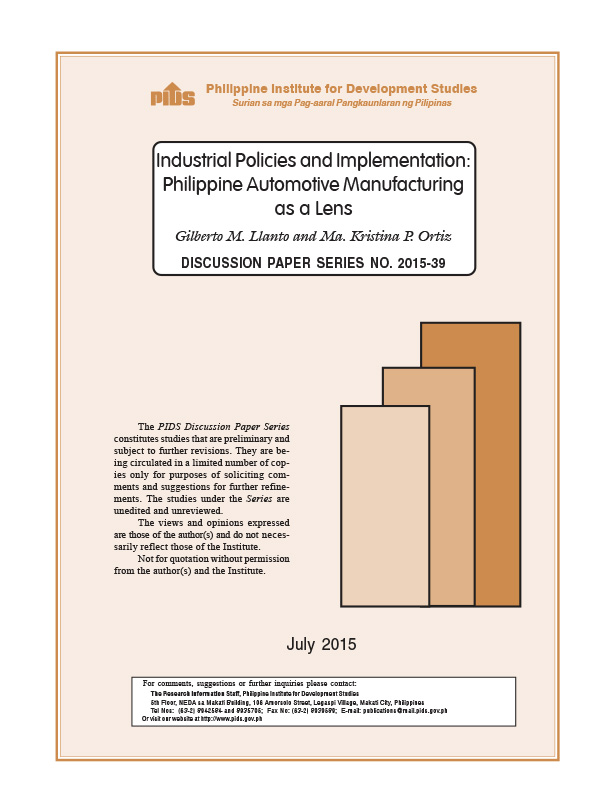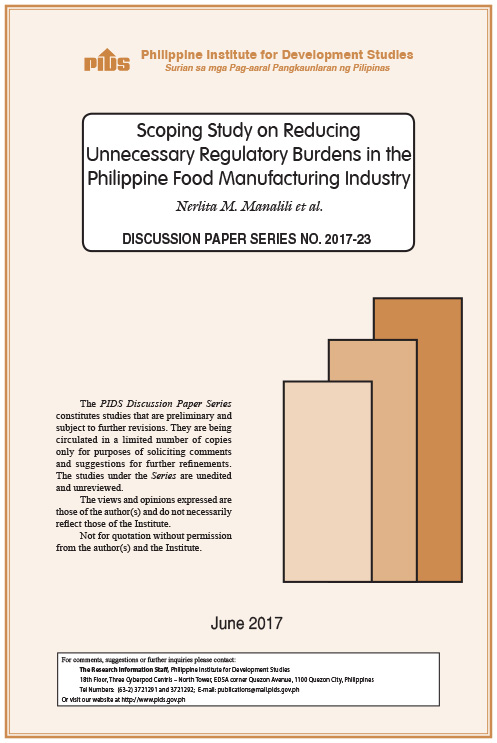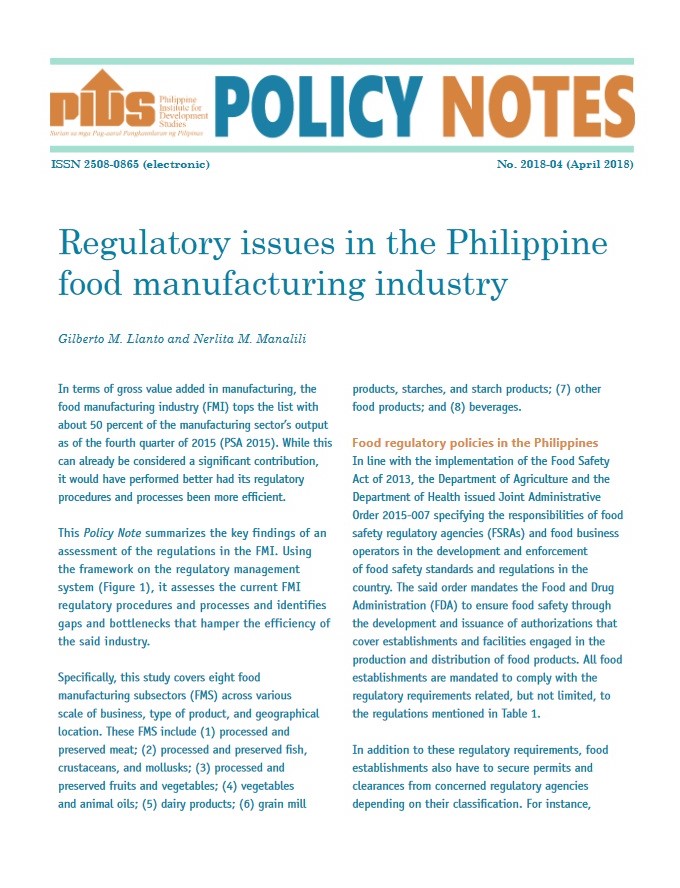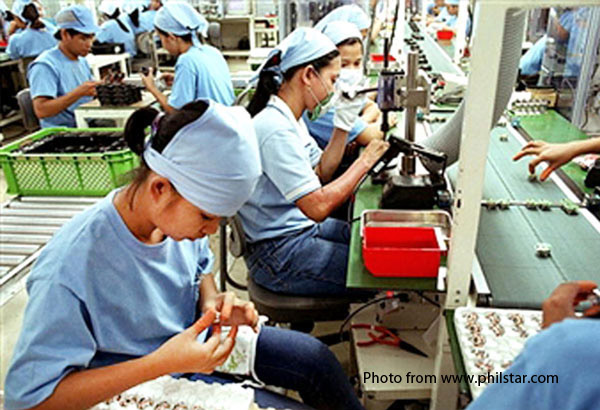The key to taking advantage of these opportunities is to transform and upgrade the local manufacturing industry, as well as address various challenges and constraints to growth. Based on the presentation, the country needed to address issues on infrastructure and logistics, specifically the high cost and unpredictability of power prices and high cost of domestic shipping. Aldaba also noted concerns on governance and regulation (smuggling, corruption, bureaucracy and red tape); micro, small and medium enterprises development (access to finance, technology upgrade); lack of skilled workers and appropriate training; supply chain gaps; and lack of scale economies due to shrinking domestic base. According to Aldaba, the government must also implement a roadmap for structural transformation with the vision of having a globally competitive manufacturing industry. Under the first phase of this roadmap (2014-2017), the government must be able to rebuild capacity of existing industries, strengthen emerging industries, and maintain competitiveness of comparative advantage industries.
Strong manufacturing needed for Asean integration- Fiscal, nonfiscal perks eyed to make sector more competitive












